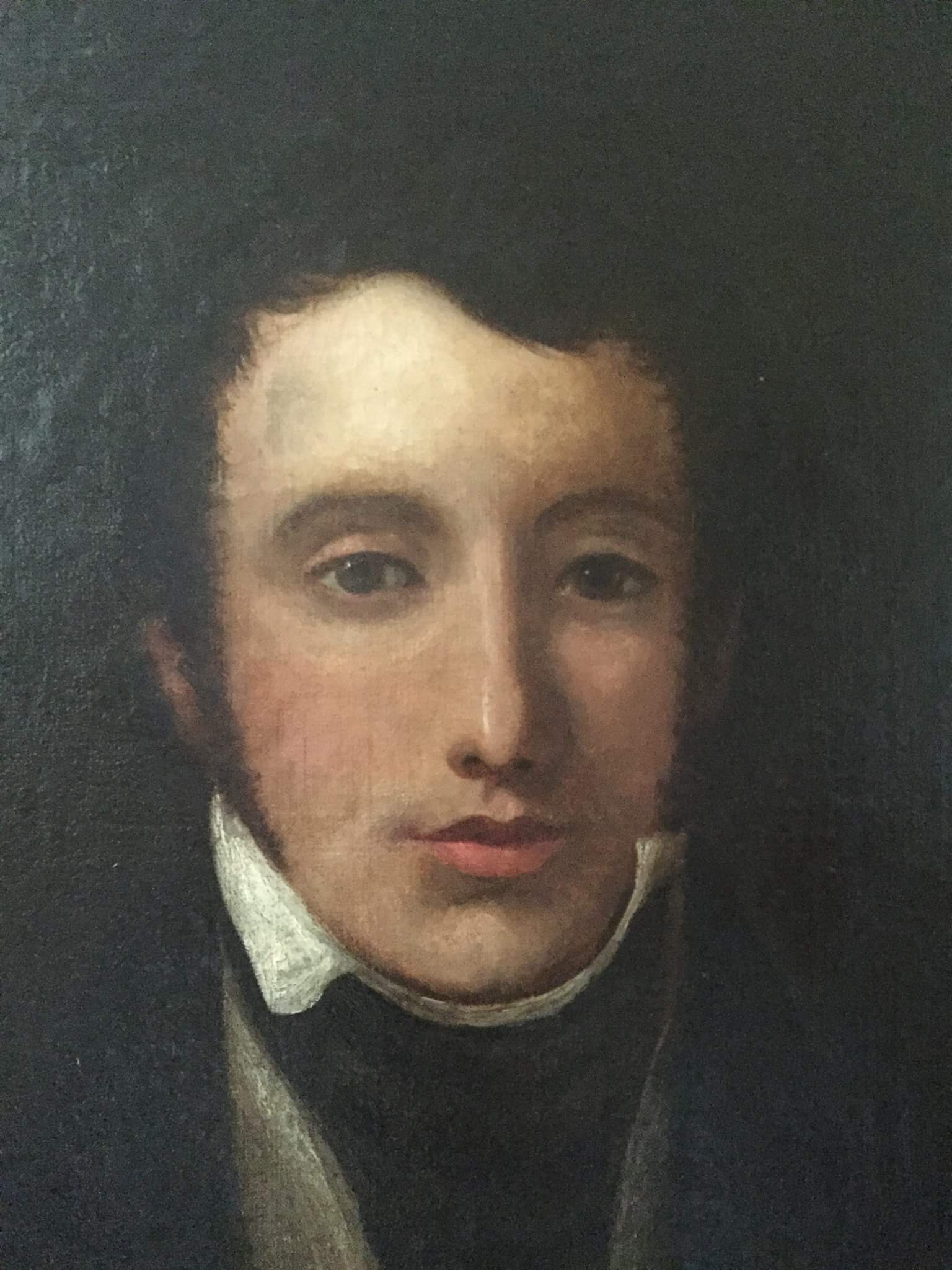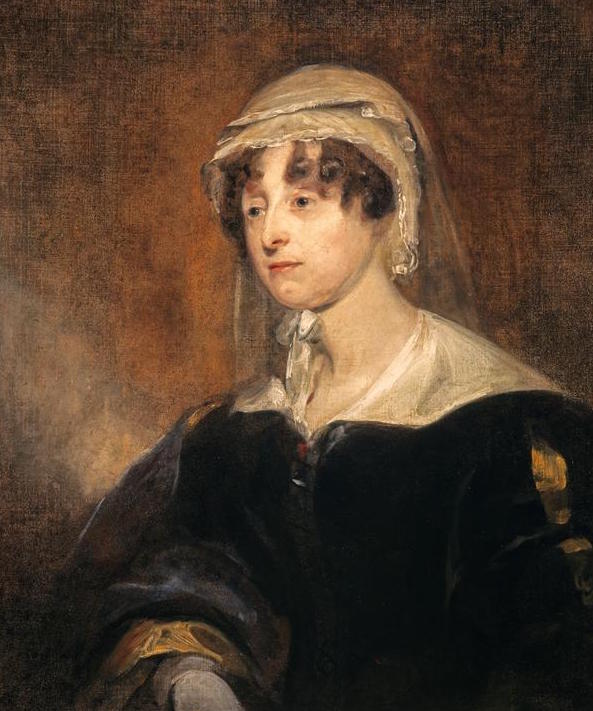|
Laurence Oliphant (Jacobite)
Laurence Oliphant (1691–1767) was a Jacobite army officer who belonged to a branch settled at Findo Gask in Perthshire, Scotland. He took part in the Jacobite rising of 1715, and both he and his son Laurence (died 1792) were actively concerned in the rising of 1745. Oliphant senior served as Governor of Perth during the advance to Derby and both were present at the battles of Falkirk and Culloden. The Laird of Gask and his son were among the Jacobites who regrouped at Ruthven Barracks after the defeat at Culloden. After the remnant of the Jacobite army dispersed, they went into hiding in the Angus Glens for seven months before taking ship from Arbroath for Amsterdam on 5 November 1746, and from there to Sweden. From there they travelled to France where they lived mostly at Corbeil, near Versailles. On 14 July 1760 Oliphant was created Lord Oliphant in the Jacobite peerage. He returned to Scotland in 1763 and spent the last years of his life quietly on his Gask estate. He die ... [...More Info...] [...Related Items...] OR: [Wikipedia] [Google] [Baidu] |
Jacobite Broadside - Laurence Oliphant 6th Laird Of Gask 1691-1767
Jacobite means follower of Jacob or James. Jacobite may refer to: Religion * Jacobites, followers of Saint Jacob Baradaeus (died 578). Churches in the Jacobite tradition and sometimes called Jacobite include: ** Syriac Orthodox Church, sometimes colloquially known as the Jacobite Church ** Jacobite Syrian Christian Church, autonomous branch of the Syriac Orthodox Church in Kerala, India ** Malankara Orthodox Syrian Church, an autocephalous Jacobite church based in Kerala, India * Jacobite, follower of Henry Jacob (1563–1624), English clergyman * Jacobites, Biblical name for descendants of Jacob Politics * Jacobites, followers of Jacobitism, political movement to resurrect the Stuart kingship, 1688–1780s * Jacobite risings, series of rebellions in Great Britain and Ireland, 1688–1746 * Jacobite succession, the line through which the British ''crown in pretence'' has descended since 1688 * Jacobite consorts, those who were married to Jacobite pretenders since 1688 * Jacobite ... [...More Info...] [...Related Items...] OR: [Wikipedia] [Google] [Baidu] |
Amsterdam
Amsterdam ( , , , lit. ''The Dam on the River Amstel'') is the Capital of the Netherlands, capital and Municipalities of the Netherlands, most populous city of the Netherlands, with The Hague being the seat of government. It has a population of 907,976 within the city proper, 1,558,755 in the City Region of Amsterdam, urban area and 2,480,394 in the Amsterdam metropolitan area, metropolitan area. Located in the Provinces of the Netherlands, Dutch province of North Holland, Amsterdam is colloquially referred to as the "Venice of the North", for its large number of canals, now designated a World Heritage Site, UNESCO World Heritage Site. Amsterdam was founded at the mouth of the Amstel River that was dammed to control flooding; the city's name derives from the Amstel dam. Originally a small fishing village in the late 12th century, Amsterdam became a major world port during the Dutch Golden Age of the 17th century, when the Netherlands was an economic powerhouse. Amsterdam is th ... [...More Info...] [...Related Items...] OR: [Wikipedia] [Google] [Baidu] |
Scottish Jacobites
Scottish usually refers to something of, from, or related to Scotland, including: *Scottish Gaelic, a Celtic Goidelic language of the Indo-European language family native to Scotland *Scottish English *Scottish national identity, the Scottish identity and common culture *Scottish people, a nation and ethnic group native to Scotland *Scots language, a West Germanic language spoken in lowland Scotland *Symphony No. 3 (Mendelssohn), a symphony by Felix Mendelssohn known as ''the Scottish'' See also *Scotch (other) *Scotland (other) *Scots (other) *Scottian (other) *Schottische * {{disambiguation Scottish people, Language and nationality disambiguation pages ca:Escocès ... [...More Info...] [...Related Items...] OR: [Wikipedia] [Google] [Baidu] |
1767 Deaths
Events January–March * January 1 – The first annual volume of ''The Nautical Almanac and Astronomical Ephemeris'', produced by British Astronomer Royal Nevil Maskelyne at the Royal Observatory, Greenwich, gives navigators the means to find longitude at sea, using tables of lunar distance (navigation), lunar distance. * January 9 – William Tryon, governor of the Royal Colony of North Carolina, signs a contract with architect John Hawks (architect), John Hawks to build Tryon Palace, a lavish Georgian architecture, Georgian style governor's mansion on the New Bern waterfront. * February 16 – On orders from head of state Pasquale Paoli of the newly independent Corsican Republic, Republic of Corsica, a contingent of about 200 Corsican soldiers begins an invasion of the small island of Capraia off of the coast of northern Italy and territory of the Republic of Genoa. By May 31, the island is conquered as its defenders surrender.George Renwick, ''Romantic ... [...More Info...] [...Related Items...] OR: [Wikipedia] [Google] [Baidu] |
1691 Births
Events January–March * January 6 – King William III of England, who rules Scotland and Ireland as well as being the Stadtholder of the Dutch Republic, departs from Margate to tend to the affairs of the Netherlands. * January 14 – A fleet of ships carrying 827 Spanish Navy sailors and marines arrives at Manzanillo Bay on the island of Hispaniola in what is now the Dominican Republic and joins 700 Spanish cavalry, then proceeds westward to invade the French side of the island in what is now Haiti. * January 15 – King Louis XIV of France issues an order specifically prohibiting play of games of chance, specifically naming basset and similar games, on penalty of 1,000 livres for the first offence. * January 23 – Spanish colonial administrator Domingo Terán de los Ríos, most recently the governor of Sonora y Sinaloa on the east side of the Gulf of California, is assigned by the Viceroy of New Spain to administer a new province that governs lands on both sides of the ... [...More Info...] [...Related Items...] OR: [Wikipedia] [Google] [Baidu] |
Jacobite Military Personnel Of The Jacobite Rising Of 1745
Jacobite means follower of Jacob or James. Jacobite may refer to: Religion * Jacobites, followers of Saint Jacob Baradaeus (died 578). Churches in the Jacobite tradition and sometimes called Jacobite include: ** Syriac Orthodox Church, sometimes colloquially known as the Jacobite Church ** Jacobite Syrian Christian Church, autonomous branch of the Syriac Orthodox Church in Kerala, India ** Malankara Orthodox Syrian Church, an autocephalous Jacobite church based in Kerala, India * Jacobite, follower of Henry Jacob (1563–1624), English clergyman * Jacobites, Biblical name for descendants of Jacob Politics * Jacobites, followers of Jacobitism, political movement to resurrect the Stuart kingship, 1688–1780s * Jacobite risings, series of rebellions in Great Britain and Ireland, 1688–1746 * Jacobite succession, the line through which the British ''crown in pretence'' has descended since 1688 * Jacobite consorts, those who were married to Jacobite pretenders since 1688 * Jacobite ... [...More Info...] [...Related Items...] OR: [Wikipedia] [Google] [Baidu] |
Thomas Oliphant (musician And Artist)
Thomas Oliphant (1799 – 1873) was a Scottish musician, artist and author whose works were well known in their day. He wrote the chorale for the wedding of the future King Edward VII and Queen Alexandra.Marriage ceremonial and chorale sheet 10 March 1863 Printed by Harrison and Sons. Chorale words by Thomas Oliphant All Ye Who Music Love (SATB) , Wisconsin Music Educators Association. Oliphant wrote the words to " Deck the Hall(s) with Boughs of Holly"."Welsh Melodies" Publisher: Addison, Hollier and Lucas; Lamborn Cock and Co.; J.B. Cramer & Co (London). Vols. 1&2 published in 1862. Vol 3 in 1870 and vol. 4 in 1874 [...More Info...] [...Related Items...] OR: [Wikipedia] [Google] [Baidu] |
Laurence Oliphant (1829–1888)
Laurence Oliphant (3 August 1829 – 23 December 1888), a Member of Parliament, was a South African-born British author, traveller, diplomat, British intelligence agent, Christian mystic, and Christian Zionist. His best known book in his lifetime was a satirical novel, ''Piccadilly'' (1870). More heed has gone since to his plan for Jewish farming communities in the Holy Land, ''The Land of Gilead''. Oliphant was a UK Member of Parliament for Stirling Burghs. Early life Laurence Oliphant was born in Cape Town, Cape Colony, the only child of Sir Anthony Oliphant (1793–1859), a member of the Scottish landed gentry, and his wife Maria. At the time of his son's birth Sir Anthony was Attorney General of the Cape Colony, but he was soon appointed Chief Justice in Ceylon. Laurence spent his early childhood in Colombo, where his father purchased a home called Alcove in Captains Gardens, subsequently known as Maha Nuge Gardens. Sir Anthony and his son have been credited with bringing ... [...More Info...] [...Related Items...] OR: [Wikipedia] [Google] [Baidu] |
Carolina, Baroness Nairne
Carolina Oliphant, Lady Nairne (16 August 1766 – 26 October 1845) – also known as Carolina Baroness Nairn in the peerage of Scotland and Baroness Keith in that of the United Kingdom – was a Scottish songwriter. Many of her songs, such as, " Will ye no' come back again?", " Charlie is my Darling" , "The Rowan Tree" and " Wi' a Hundred Pipers' remain popular today, almost two hundred years after they were written. One of her songs, "Caller Herrin'", was sung at the 2021 commemoration of the 1881 Eyemouth disaster. She usually set her words to traditional Scottish folk melodies, but sometimes contributed her own music. Carolina Nairne and her contemporary Robert Burns were influenced by the Jacobite heritage in their establishment of a distinct Scottish identity, through what they both called national song. Perhaps in the belief that her work would not be taken seriously if it were known that she was a woman, Nairne went to considerable lengths to conceal her i ... [...More Info...] [...Related Items...] OR: [Wikipedia] [Google] [Baidu] |
William Murray, 2nd Lord Nairne
William Murray, 2nd Lord Nairne (''c.'' 1665 – 3 February 1726) was a Scottish peer and Jacobite who fought in the Rising of 1715, after which he was attainted and condemned to death for treason, but in 1717 he was indemnified and released. In 1721, he was created Earl of Nairne in the Jacobite peerage. Life Born about 1665, the fourth son of John Murray, 1st Marquess of Atholl, by his marriage to Lady Amelia Sophia, a daughter of James Stanley, 7th Earl of Derby, Murray was the younger brother of John Murray, 1st Duke of Atholl. Melville Henry Massue, Marquess of Ruvigny & Raineval, ''The Jacobite Peerage, Baronetage, Knightage, and Grants of Honour'' (Genealogical Publishing Co., 2003 edition)p. 126/ref> His grandmother, Charlotte Stanley, Countess of Derby (1599–1664), a daughter of Claude de La Trémoille, Duke of Thouars (1566–1604) was famous in her own right for her defence of Lathom House against Parliamentary forces during the First English Civil War in 1644. ... [...More Info...] [...Related Items...] OR: [Wikipedia] [Google] [Baidu] |
Versailles
The Palace of Versailles ( ; french: Château de Versailles ) is a former royal residence built by King Louis XIV located in Versailles, about west of Paris, France. The palace is owned by the French Republic and since 1995 has been managed, under the direction of the French Ministry of Culture, by the Public Establishment of the Palace, Museum and National Estate of Versailles. Some 15,000,000 people visit the palace, park, or gardens of Versailles every year, making it one of the most popular tourist attractions in the world. Louis XIII built a simple hunting lodge on the site of the Palace of Versailles in 1623 and replaced it with a small château in 1631–34. Louis XIV expanded the château into a palace in several phases from 1661 to 1715. It was a favorite residence for both kings, and in 1682, Louis XIV moved the seat of his court and government to Versailles, making the palace the ''de facto'' capital of France. This state of affairs was continued by Kings Louis XV an ... [...More Info...] [...Related Items...] OR: [Wikipedia] [Google] [Baidu] |

.jpg)






